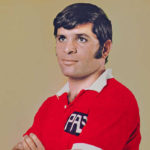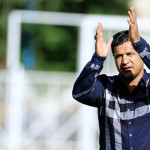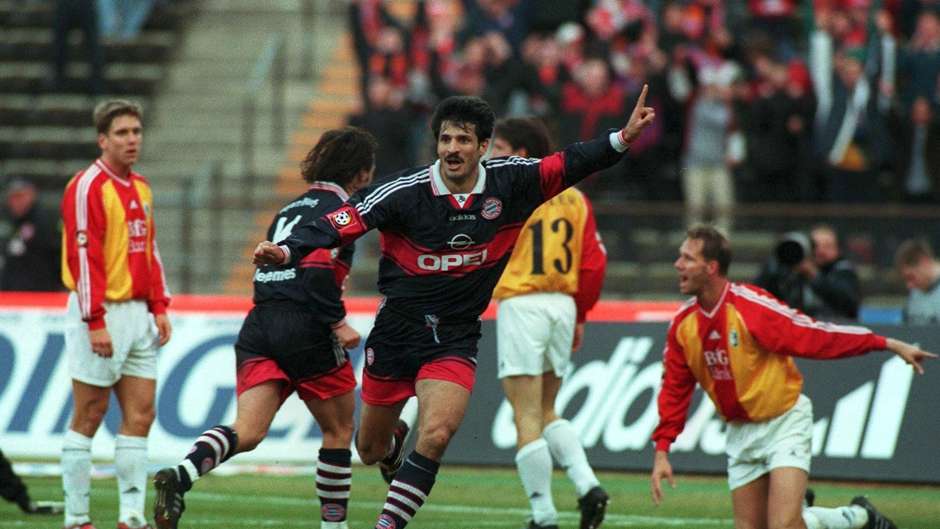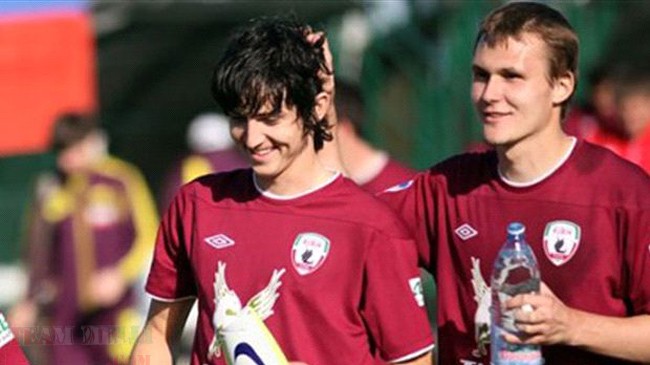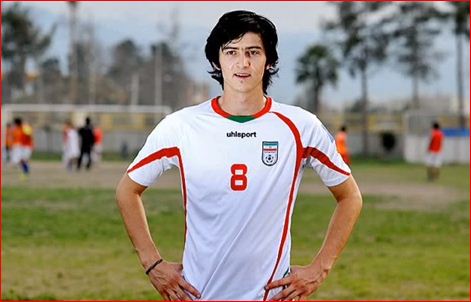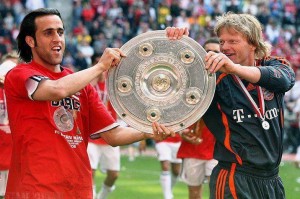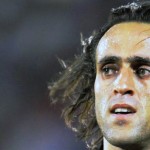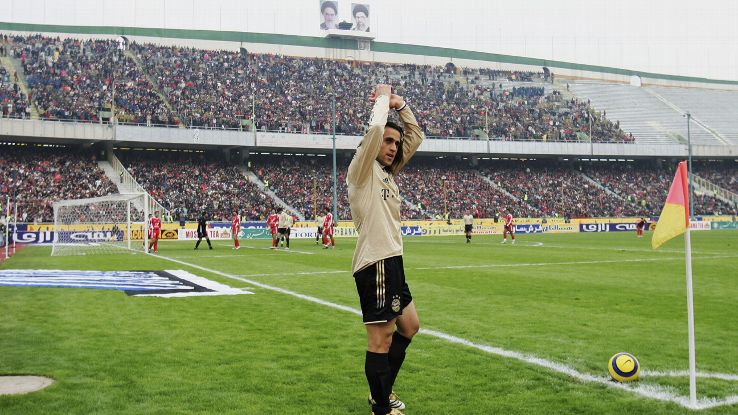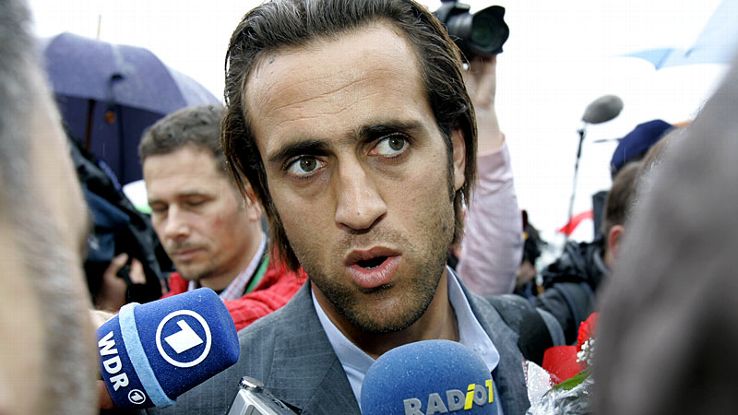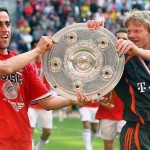Steve Price
The Asian Football Confederation has reportedly banned Iran from hosting international matches based on safety fears over the current tensions in the region. Iranian club sides have responded by planning to withdraw from the AFC Asian Champions League. The clubs have said Iran is “safe”, while Iranian media and fans have claimed that politics, rather than security, is behind the AFC’s decision.
Iran are one of the top nations in the Asian Champions League and has some of the best-supported clubs in Asia. Iranian clubs had a poor campaign last year, but the year before that, Persepolis reached the final of the competition. They, along with Esteghlal, Sepahan and Shahr Khodro, will withdraw from the competition should the AFC’s fixture ban not be reversed.
Iranian sides played their matches against Saudi Arabian sides on neutral territory last season, so the move by the AFC isn’t completely unprecedented. But playing any games on neutral territory is damaging to the competition’s reputation. When over 40,000 people turn up in Tehran to watch Estaghlal or Persepolis, it’s a much better advert for the Asian Champions League than when a thousand fans turn up in Doha to watch Estaglal’s ‘home’ match against Al-Hilal.
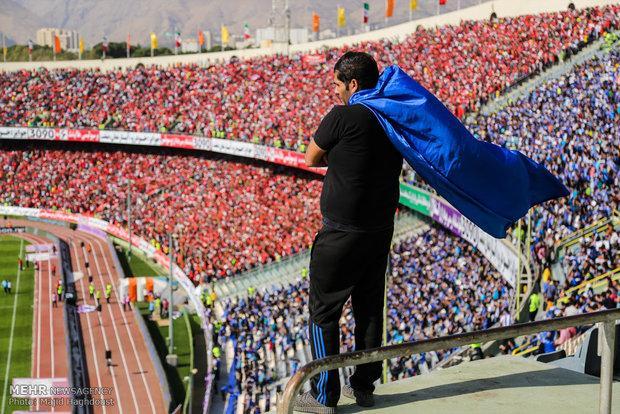
The absence of Iranian clubs in the competition would be similar to Italian clubs deciding to boycott the UEFA Champions League. Few other Asian countries can match Iran’s top clubs in terms of fans. The Asian Champions League is struggling to grow, with low attendance and regular scandals or other embarrassments, so having one of its most important members boycott the competition is the last thing the AFC needs.
But as well as damaging Asia’s main club competition, the current tensions could also damage the United Arab Emirates’ and Qatar’s attempts to bolster their sporting credentials.
The UAE and Qatar have benefited in the past from their relative stability compared to other countries in the region, often hosting ties that can’t be played at the home country’s stadium for security reasons. If Iran is banned from hosting international matches, then it is possible that Iran’s ‘home’ games would be played in the UAE or Qatar.
But it seems the current tensions in the Middle East have finally caught up with Dubai, Abu Dhabi and Doha, as other soccer teams are staying away.
The USA men’s soccer team canceled its camp in Doha earlier this month due to the “developing situation in the region”, holding it in Florida instead. And last week Manchester United scrapped plans for a training trip to the Middle East in February, while Arsenal have said they are assessing security measures before deciding whether to head to Dubai for warm weather training.

Qatar and the UAE have been popular destinations for these winter training camps in the past few seasons, with many of Europe’s top clubs heading there for the warm weather and high-quality facilities. Qatar’s FA says that “time and again, these teams return to AZF [Aspire Zone Foundation] to benefit from Qatar’s perfect outdoor training weather at this time of year.” This year, Bayern Munich, Ajax and PSV Eindhoven all used the Aspire facilities, apart from Ajax’s US international Sergino Dest who said he “didn’t feel comfortable” due to the tensions.
While showcase events like the Qatar 2022 World Cup or the Club World Cup might grab the headlines, these camps have been like a dripping tap, helping to slowly establish the two countries as reliable regional soccer hubs. With the teams come media, agents, sponsors and so forth, over time making the countries a good place for related businesses to set up offices, helping the local tourism sector, and boosting these countries’ soft power.
The Qatar 2022 World Cup and other showcase events are unlikely to be affected unless things really escalate in the region, but should the security situation in the region remain tense, top European clubs might decide to switch their future winter plans to Florida or to Spain and Portugal where many other clubs from around the world hold their winter training camps, putting a major dent in Qatar and the UAE’s aspirations to boost their global standing through sports.



 However, like many things after the 1979 revolution, with Iran’s major change of political ideology, the two countries experienced less than a cozy relationship, football naturally suffered from this cold relation and the two countries cut off their football connection. Neither side showed any interest in playing friendlies against the other, no doubt politics playing a major role in the break of footballing relationship.
However, like many things after the 1979 revolution, with Iran’s major change of political ideology, the two countries experienced less than a cozy relationship, football naturally suffered from this cold relation and the two countries cut off their football connection. Neither side showed any interest in playing friendlies against the other, no doubt politics playing a major role in the break of footballing relationship.
